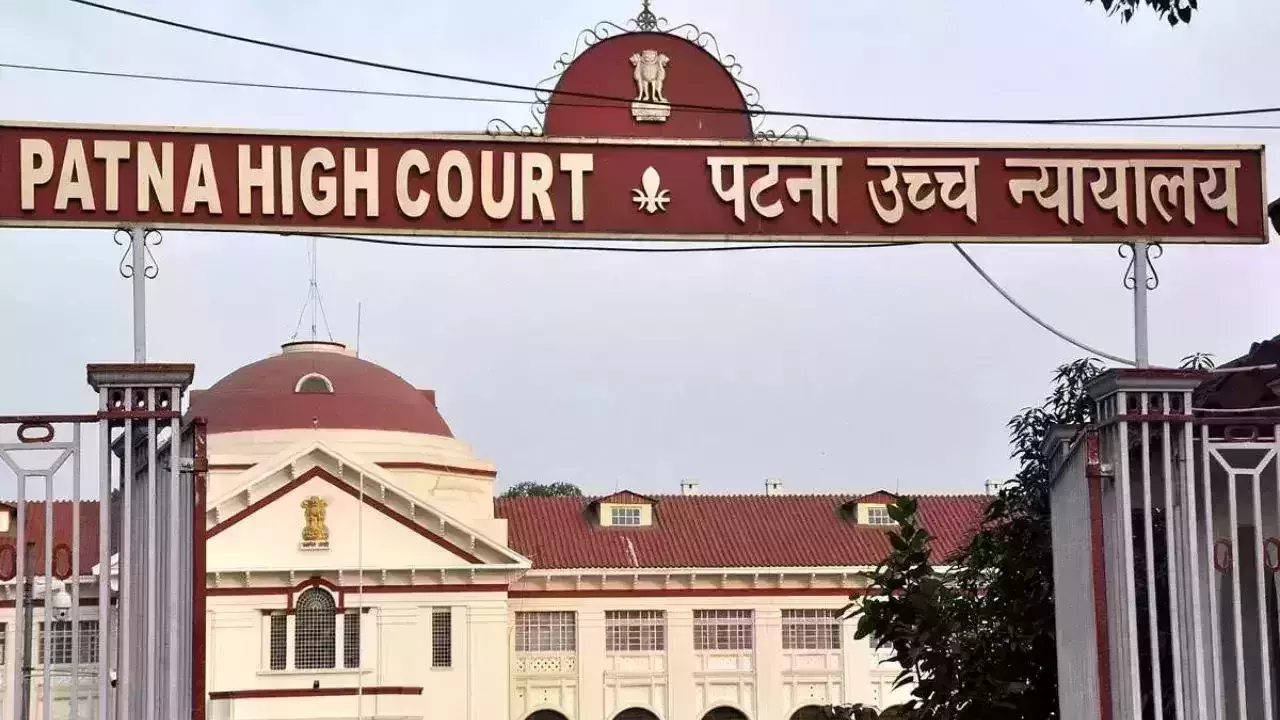
Patna High Court's approval of Bihar caste survey challenged at Supreme Court
text_fieldsBihar: Three petitions were filed in the Supreme Court on Thursday challenging the order of the Patna High Court on August 1, which upheld the legality and validity of the Bihar government's caste-based survey.
The Patna High Court's Division Bench had dismissed the contention that the survey amounted to a census.
The petitioners include Akhilesh Kumar and two non-governmental organisations (NGOs) named 'Ek Soch Ek Prayas' and Youth For Equality.
The Patna High Court had confirmed the legality of the caste-based survey conducted by the Bihar government and dismissed all petitions questioning the process. The court, led by Chief Justice K. Vinod Chandran and Justice Partha Sarthy, delivered this ruling on three petitions seeking a stay on the caste-based survey.
The Bihar government had initiated the caste-based census claiming it would provide scientific data for implementing welfare schemes for weaker sections of society. The government aimed to digitally compile data on each family from the panchayat to the district level.
One of the petitioners, Nalanda resident Akhilesh Kumar, argued that such a survey violated the basic structure of the Constitution and sought directions to refrain from conducting the exercise, deeming it "discriminatory" and "unconstitutional."
The PIL highlighted that the notification violated Article 14 of the Constitution, which guarantees equality before the law and equal protection of the law. The petitioner argued that the survey's distinctions based on caste and country of origin were both irrational and unjustified and did not align with the proclaimed purpose of the law.
The petition raised several significant points, questioning the legality of the state government conducting a caste census, the notification's compliance with the Census Act 1948, and whether a state government had the right to issue such notification without proper legislation. It also questioned the unanimity of political parties in Bihar in deciding to conduct a caste-based census and whether this decision was binding on the government. Additionally, the petition considered whether the June 6 notification was in line with the Supreme Court's verdict in the Abhiram Singh vs C.D. Commachen case on January 2, 2017.
The first phase of the survey, a household counting exercise, took place from January 7 to January 21. The second phase, which involved collecting information about people's caste and socio-economic conditions, began on April 15 and was scheduled to end in May.
However, on May 4, the Patna High Court ordered an immediate stay on the second phase of the caste census until July 3, and the data collected so far was preserved. This order came in response to three petitions filed against the caste-based census by the social outfit Youth for Equality and some individuals.
The Supreme Court had previously dismissed petitions challenging the caste-based census in Bihar on January 20. The matter was referred back to the High Court, with instructions to decide the petitions expeditiously. The recent petitions before the Apex Court sought to quash the June 6, 2022 notification issued by the Deputy Secretary of the Bihar government regarding the caste-based survey.
The Supreme Court disposed of the previous pleas, referring to them as "publicity interest litigation" and asked the petitioners to approach the High Court with their application. The court granted "liberty to seek appropriate remedies in law" and dismissed all the petitions as withdrawn.























